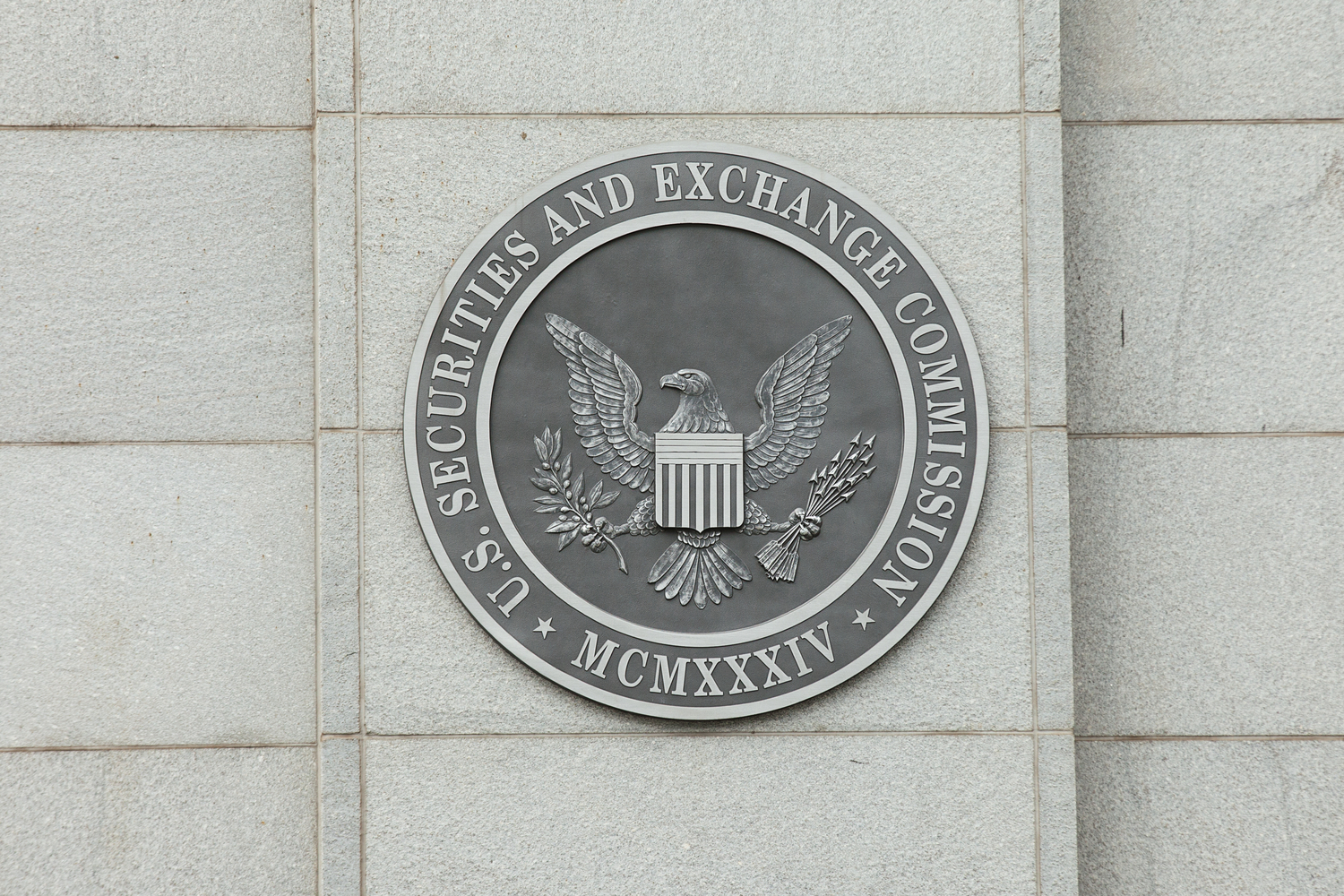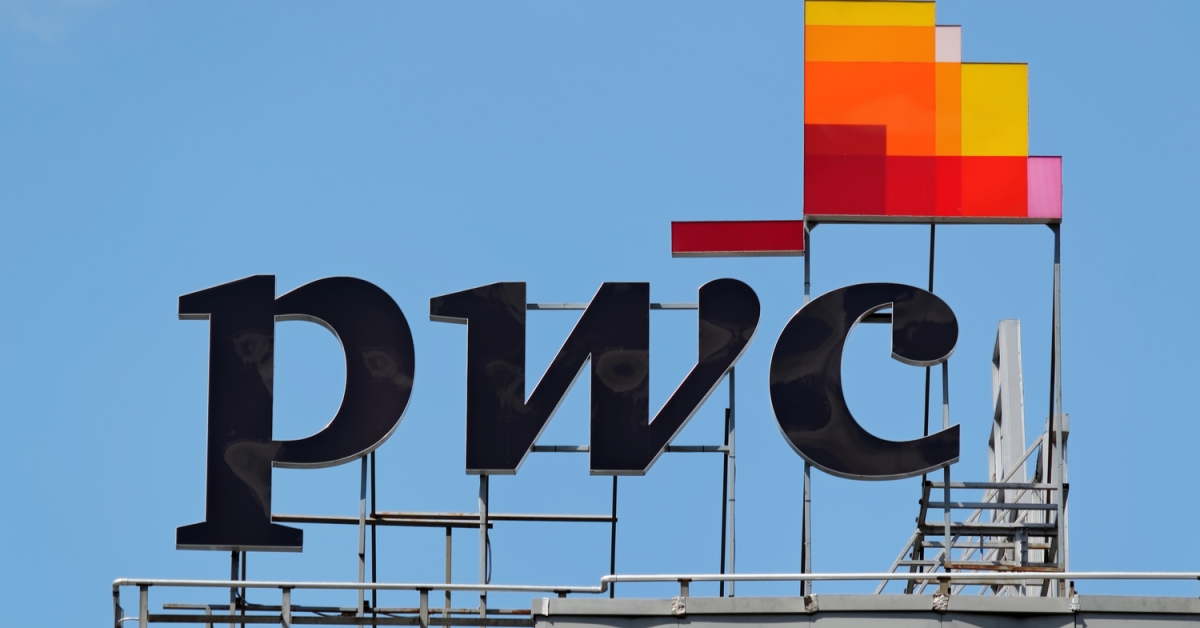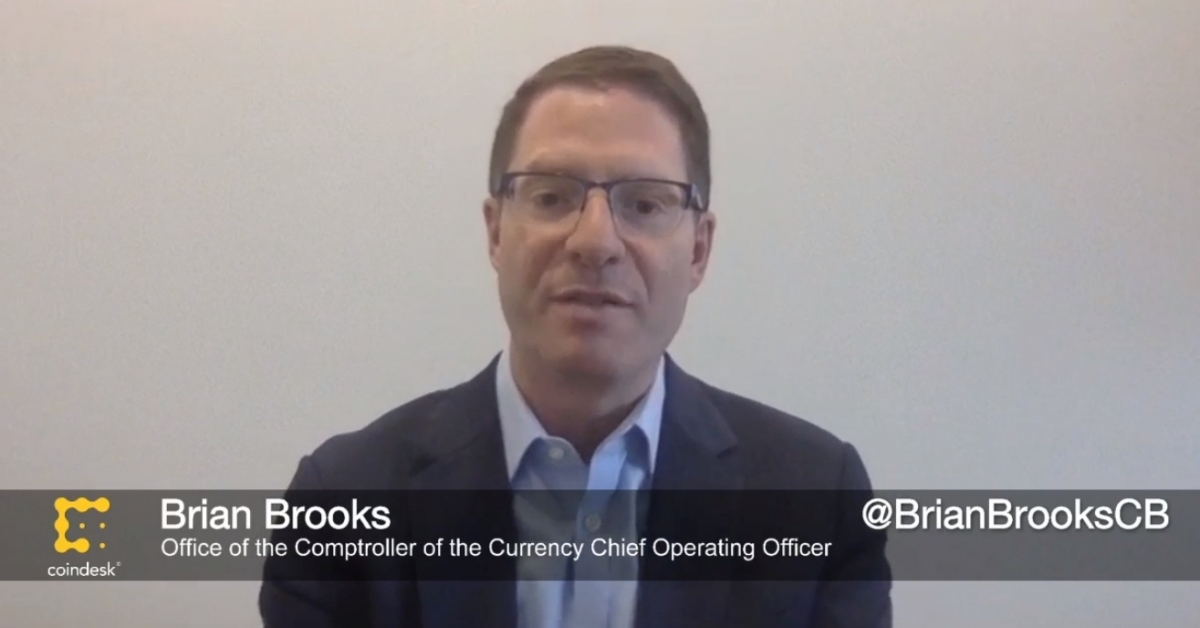Implications of Ripple-SEC Court Ruling for Wider Crypto Industry Are Unclear: Bank of America
A comprehensive regulatory framework is crucial for mainstream adoption of digital assets and institutional engagement, Bank of America (BAC) said in a research report Friday.
However, a U.S. court’s recent ruling against the Securities and Exchange Commission (SEC) in its lawsuit against Ripple Labs does little to clarify the situation, the bank said. While the digital asset industry welcomed the decision, “Ripple’s XRP offerings were unique” and “implications of the rulings are difficult to determine.”
Ripple scored a partial victory in the case earlier this month when the U.S. District Court of the Southern District of New York ruled that the sale of its XRP token on exchanges and through algorithms did not constitute investment contracts. However, the institutional sale of the tokens did violate federal securities laws, the court said.
“The judge ruled that Ripple’s programmatic sale of XRP on digital asset exchanges did not constitute an unregistered offer and sale of investment contracts, but primarily because an initial unregistered offering and sale to institutional investors had already occurred that created a market,” analysts Alkesh Shah and Andrew Moss wrote.
Bank of America says it continues to differentiate between the trading of blockchain-native crypto tokens, for which regulations are still being established, and the trading of tokenized traditional assets including exchange-traded-funds (ETFs), repos and gold, for which the “rules are already established and trading volumes have already reached trillions of dollars.”
Rival broker Needham said the court’s ruling was positive for crypto exchange Coinbase (COIN), as it should moderately de-risk the regulatory pressure on the stock.
Edited by Sheldon Reback.









